Box-sizing: border-box; --tw-border-spacing-x: 0; --tw-border-spacing-y: 0; --tw-translate-x: 0; --tw-translate-y: 0; --tw-rotate: 0; --tw-skew-x: 0; --tw-skew-y: 0; --tw-scale-x: 1; --tw-scale-y: 1; --tw-scroll-snap-strictness: proximity; --tw-ring-offset-width: 0px; --tw-ring-offset-color: #fff; --tw-ring-color: rgba(59,130,246,0.5); --tw-ring-offset-shadow: 0 0 transparent; --tw-ring-shadow: 0 0 transparent; --tw-shadow: 0 0 transparent; --tw-shadow-colored: 0 0 transparent; margin: 0px 0px 1.25em; color: #374151; font-family: Söhne, ui-sans-serif, system-ui, -apple-system, 'Segoe UI', Roboto, Ubuntu, Cantarell, 'Noto Sans', sans-serif, 'Helvetica Neue', Arial, 'Apple Color Emoji', 'Segoe UI Emoji', 'Segoe UI Symbol', 'Noto Color Emoji'; font-size: 16px; font-style: normal; font-variant-ligatures: normal; font-variant-caps: normal; font-weight: 400; letter-spacing: normal; orphans: 2; text-align: start; text-indent: 0px; text-transform: none; white-space: pre-wrap; widows: 2; word-spacing: 0px; -webkit-text-stroke-width: 0px; background-color: #f7f7f8; text-decoration-thickness: initial; text-decoration-style: initial; text-decoration-color: initial;">vehicle technology is rapidly evolving and shaping the future of transportation. Some of the most notable recent developments in vehicle technology include electric vehicles, autonomous vehicles, connectivity features, advanced safety features, sustainable materials, 5G connectivity, augmented reality, and biometrics.
Electric vehicles: Tesla has been a driving force in the electric vehicle market, with their Model S, Model X, and Model 3 vehicles. Other automakers, like Ford, GM, and Volkswagen, have also been ramping up their electric vehicle production. The Porsche Taycan, Audi e-tron, and Jaguar I-PACE are also examples of high-end electric vehicles that have been released in recent years.
Autonomous vehicles: Waymo, a subsidiary of Alphabet Inc., has been testing self-driving cars in Arizona since 2017. Tesla's Autopilot feature also offers some level of autonomous driving on public roads. Uber has also been testing autonomous vehicles in Pittsburgh and San Francisco.
Connectivity: Many new vehicles now come equipped with infotainment systems that allow drivers to connect their smartphones and access features like music streaming, voice commands, and navigation. Many automakers also offer apps that allow owners to remotely start their vehicles, check their fuel level, and even adjust the temperature.
Safety: Many automakers now offer advanced safety features like automatic emergency braking, lane departure warning, and blind spot monitoring. Some vehicles also have features like night vision, 360-degree cameras, and adaptive headlights that adjust to the driving environment.
Sustainability: Automakers are investing in hybrid and plug-in hybrid technology, which combines an internal combustion engine with an electric motor. The Toyota Prius, Honda Insight, and Ford Fusion Hybrid are examples of hybrid vehicles. Hydrogen fuel cell vehicles, like the Toyota Mirai and Hyundai Nexo, are also being developed as a sustainable alternative to traditional gasoline-powered vehicles.
5G connectivity: The next generation of mobile networks, 5G, promises faster and more reliable connections, which could have significant implications for the future of transportation. For example, it could enable cars to communicate with each other and with infrastructure in real-time, helping to prevent accidents and reduce traffic congestion.
Augmented reality: Augmented reality (AR) is being explored as a way to enhance the driving experience. For example, AR could be used to display information about the road ahead, such as upcoming turns or points of interest. It could also be used to enhance entertainment systems by overlaying information on the environment outside the vehicle.
Biometrics: Automakers are exploring the use of biometrics, such as facial recognition or fingerprint scanning, as a way to enhance security and personalization in vehicles. Biometrics could be used to unlock the car, adjust settings based on the driver's preferences, and even monitor driver fatigue or stress levels.
Sustainability: In addition to electric and hydrogen fuel cell vehicles, there are other ways that automakers are working to reduce the environmental impact of transportation. For example, Ford is experimenting with using waste materials like tomato peels and coffee grounds to create sustainable materials for use in vehicles.
Electric vehicles are becoming increasingly popular, with major automakers investing in their development. Autonomous vehicles are also being developed and tested, which could potentially transform the way we commute and travel. Connectivity features, like infotainment systems and remote access apps, are becoming standard in many new vehicles. Advanced safety features, such as automatic emergency braking and adaptive headlights, are helping to reduce accidents and increase driver safety. Sustainable materials and alternative fuels, like hydrogen fuel cells, are also being developed as a way to reduce the environmental impact of transportation.
As technology continues to evolve, we can expect to see even more innovations in vehicle technology that will shape the future of transportation. From advanced safety features to sustainable materials and connectivity, these developments have the potential to transform the way we get around.



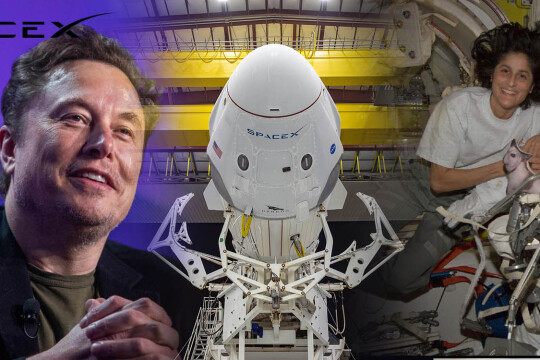
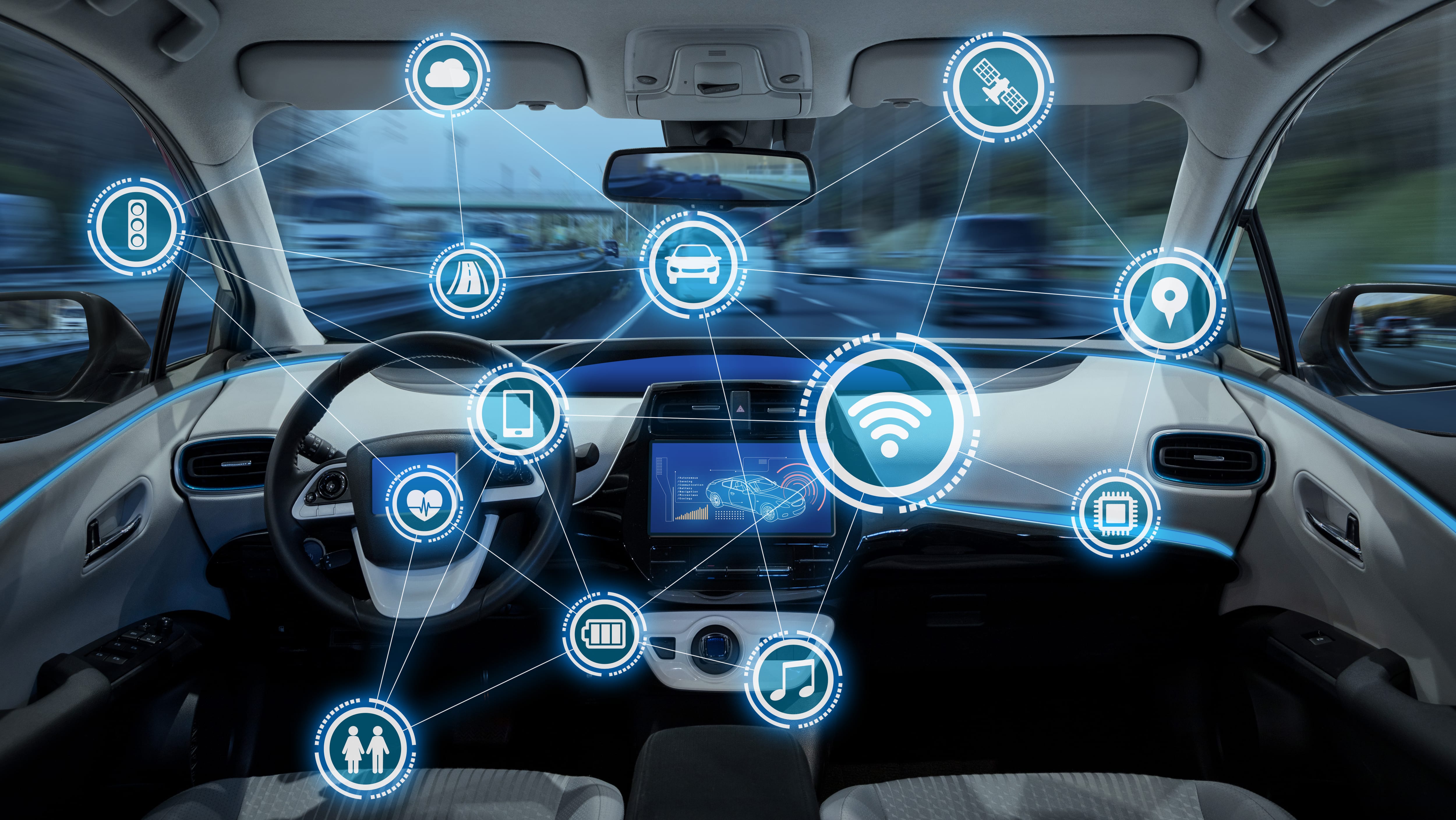






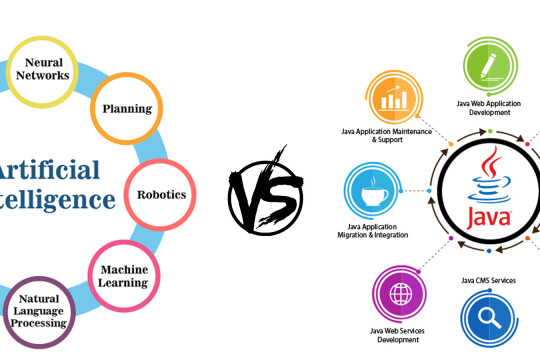
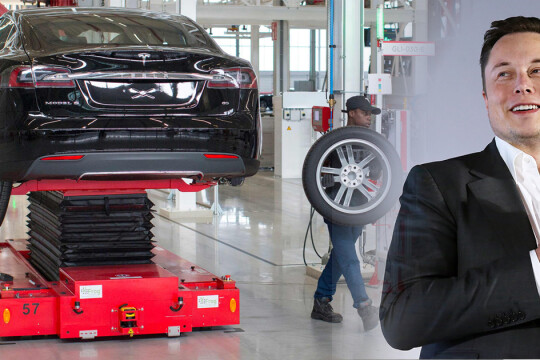
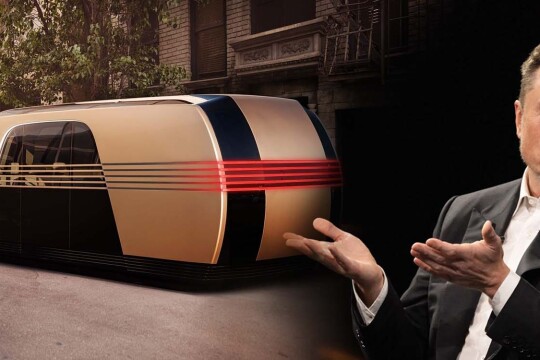
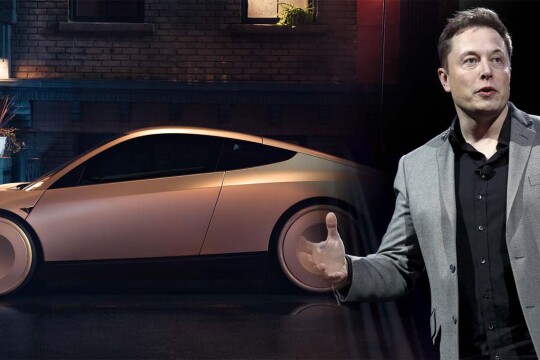
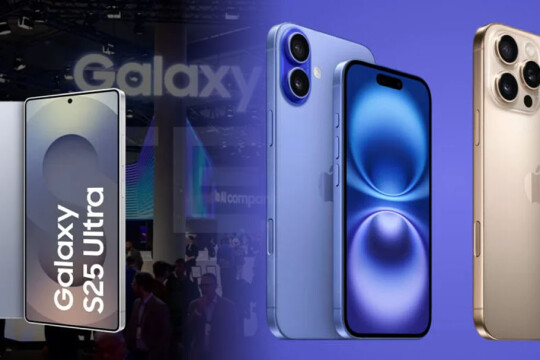
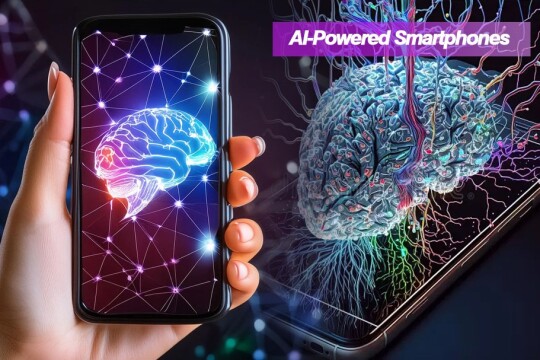
Comments & Discussion
Join the discussion by logging into your account.